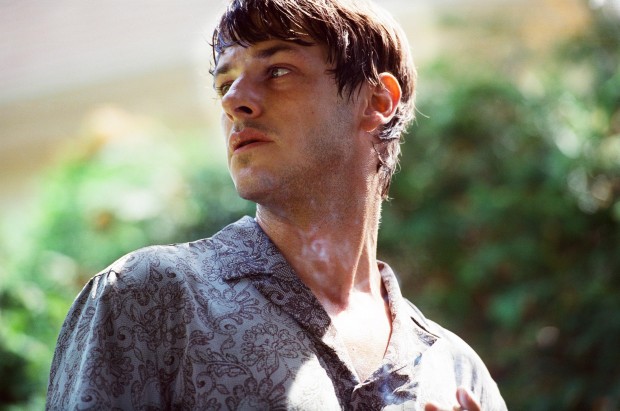‘This day fucking sucks,’ remark several characters over the course of Xavier Dolan’s It’s Only the End of the World. It’s hard to argue with them. Recriminations, ugly behaviour and shitty attitudes are par for the course in this dysfunctional family drama.
A young, gay playwright named Louis returns home after 12 years to his family to announce that he is dying, probably of AIDS, although that word is never mentioned. His emotional roller coaster of a homecoming lasts a grand total of five hours, as he tries to reconnect with his nervous, oblivious mother, the younger sister whose adolescence he missed and takes heaps of abuse from his brutish older brother. Louis suffers and we suffer along with him, in the Canadian wunderkind’s wrenching and suffocating new film. It plays like something Ingmar Bergman and Tennessee Williams might have cooked up over a couple of drinks.
Dolan has made six films by the ripe age of 27. This is his second time competing in Cannes main section, after 2014’s Mommy (which shared that year’s Jury Prize with Jean-Luc Godard’s 3D provocation Farewell to Language). In some ways, It’s Only the End of the World is a more grown-up film, less frenetic and self-consciously cool. In other ways, it’s a bit of a let down. Dolan’s screenplay is an adaptation of a theatre play by Jean-Luc Lagarce, who died of AIDS in 1995, and much of the film, shot in stuffy interiors with tight close ups, seems incredibly stagy.
His first non-original script, it is also Dolan’s first movie in French, rather than the Québécois dialect (when Mommy screened here it was amusingly subtitled in French). Beyond this, it is Dolan’s first time working with stars, but in the case of Léa Seydoux and Marion Cotillard you wish he hadn’t. For one, the roles he casts them in (Louis’ sister and sister-in-law) are emotionally volatile but not especially well written. Secondly, he can’t really pull off sticking two of France’s most enchanting belles into these homely roles. Trashy mothers populate Dolan’s movies, and the comically painted Nathalie Baye projects unspoken grief underneath what Seydoux calls her ‘tranny look’.
The film belongs, however, to Vincent Cassel as Louis’ impossible brother Antoine. Bitter, short-tempered and downright cruel to everyone in sight, Antoine is a magnificent, larger-than-life pig, but Cassel plays him with such articulate rage that we unexpectedly find ourselves siding with him. Far more than Gaspard Ulliel’s mostly silent, introspective Louis, Cassel’s verbal fireworks give the film its tragic weight. I wouldn’t be surprised if Cassel walks from the festival with the Best Actor tucked under his arm.
I could have done without Dolan’s signature music-video-style montages and flashbacks (with Gabriel Yared’s score turned up at full volume), but his choice to film the climactic confrontation between Antoine and Louis against a fiery Technicolor sunset is a wild gamble that pays off. Beyond a few gripping, throat-in-mouth scenes, however, driven by Cassel’s ferocity, the movie never really gets you to believe that these people belong to the same family and aren’t just actors pretending.
A.J. Goldmann writes about European arts and culture for the Wall Street Journal, Opera News and the Forward






Comments